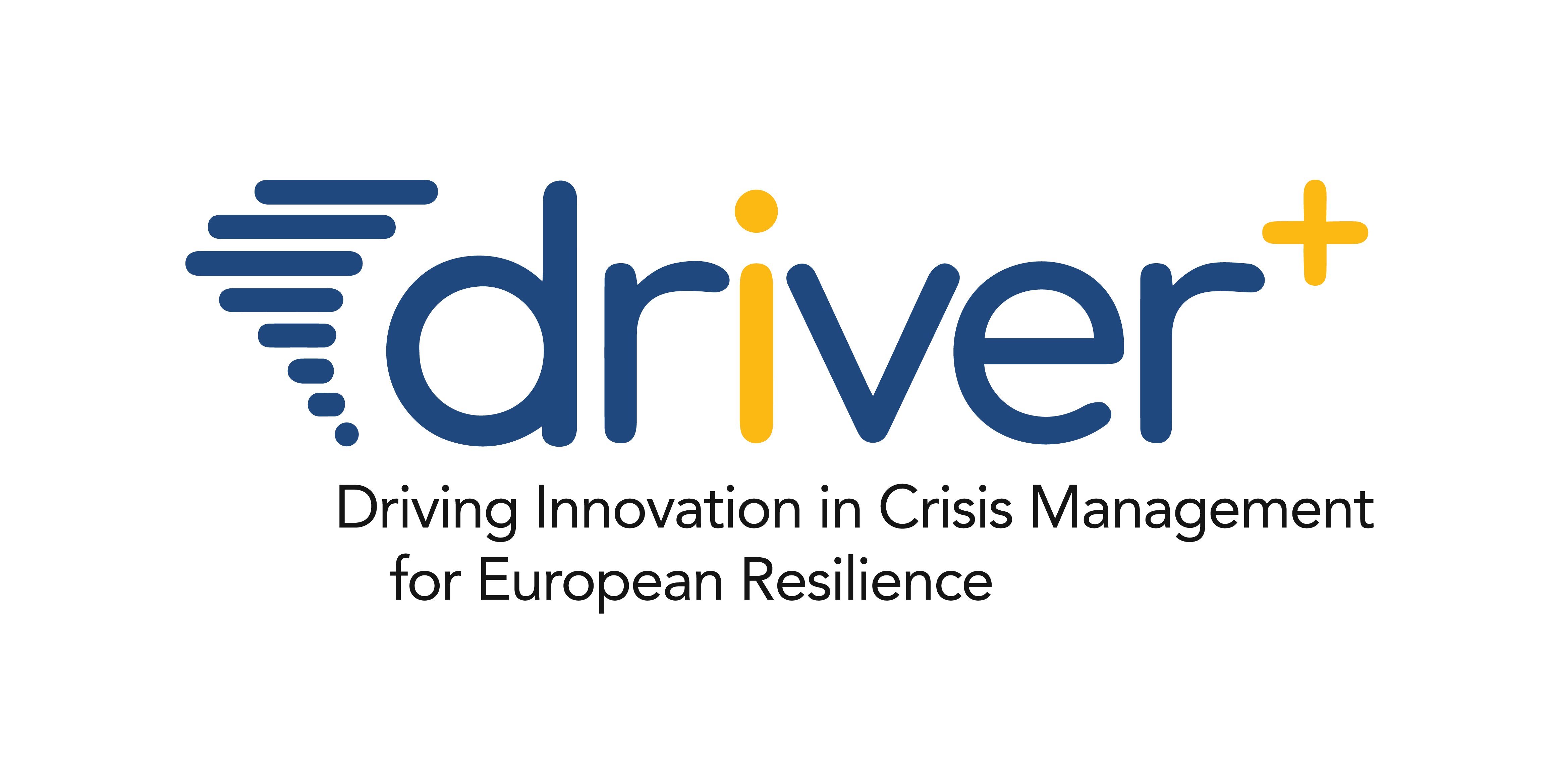Driving Innovation in Crisis Management for European Resilience
 The scale and pace of crises pose enormous challenges for the Crisis Management (CM) sector, with new threats emerging all the time. An already complex field must also strive to integrate new technologies and methods, cope with a rapidly changing infrastructure, understand evolving risks, be effective across cultural, administrative and national boundaries and engage with populations to enhance their resilience. Innovation is therefore critical, but will only be successful if it is relevant and accessible to practitioners and operators. Many crises involve interfacing diverse CM systems and solutions. Major crises can also frequently involve more than one country or region, which may have differing CM infrastructures and cultures. It is also highly likely that this will necessitate interfacing different systems and combining different solutions. CM innovation must therefore be capable of meeting these multifaceted challenges and delivering solutions that are modular, flexible and adaptable. These solutions must be tested and validated in realistic environments; they must be evaluated to assess their true benefits and for their overall suitability, before being adopted by end-users. Failure to meet these needs could result in less than perfect solutions being introduced or in the increased costs of CM capability development, due to the imperfect management of ever more complex crises.
The scale and pace of crises pose enormous challenges for the Crisis Management (CM) sector, with new threats emerging all the time. An already complex field must also strive to integrate new technologies and methods, cope with a rapidly changing infrastructure, understand evolving risks, be effective across cultural, administrative and national boundaries and engage with populations to enhance their resilience. Innovation is therefore critical, but will only be successful if it is relevant and accessible to practitioners and operators. Many crises involve interfacing diverse CM systems and solutions. Major crises can also frequently involve more than one country or region, which may have differing CM infrastructures and cultures. It is also highly likely that this will necessitate interfacing different systems and combining different solutions. CM innovation must therefore be capable of meeting these multifaceted challenges and delivering solutions that are modular, flexible and adaptable. These solutions must be tested and validated in realistic environments; they must be evaluated to assess their true benefits and for their overall suitability, before being adopted by end-users. Failure to meet these needs could result in less than perfect solutions being introduced or in the increased costs of CM capability development, due to the imperfect management of ever more complex crises.
In May 2014, dedicated practitioners’ organisations, research institutes, industries and SMEs teamed up to support the European Union to tackle this issue. Until April 2020 the broad aim of the DRIVER+ project, funded under the European Union’s 7th Framework Programme, will be to improve the way capability development and innovation management are addressed, by assessing and delivering solutions that can be used, and combined, to address different types of large-scale crises.
For more details